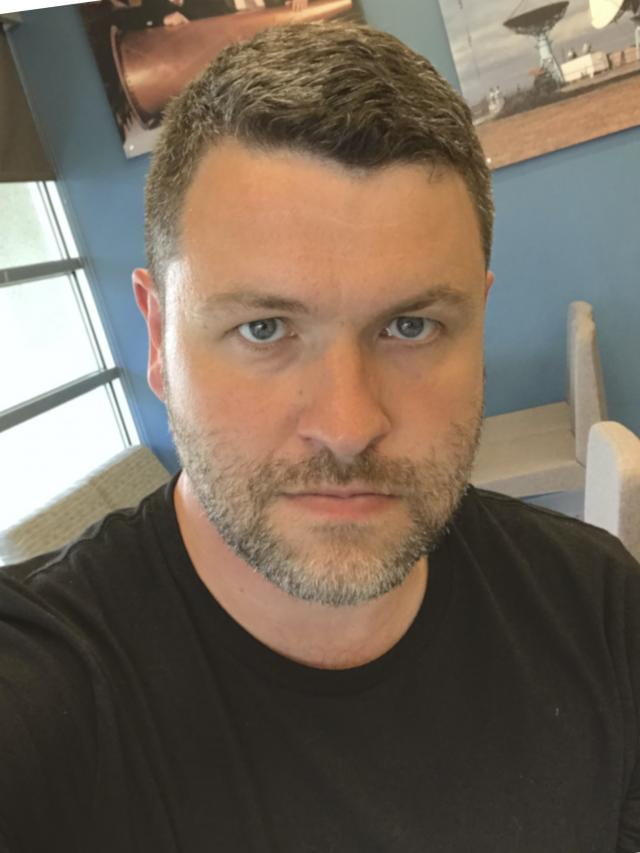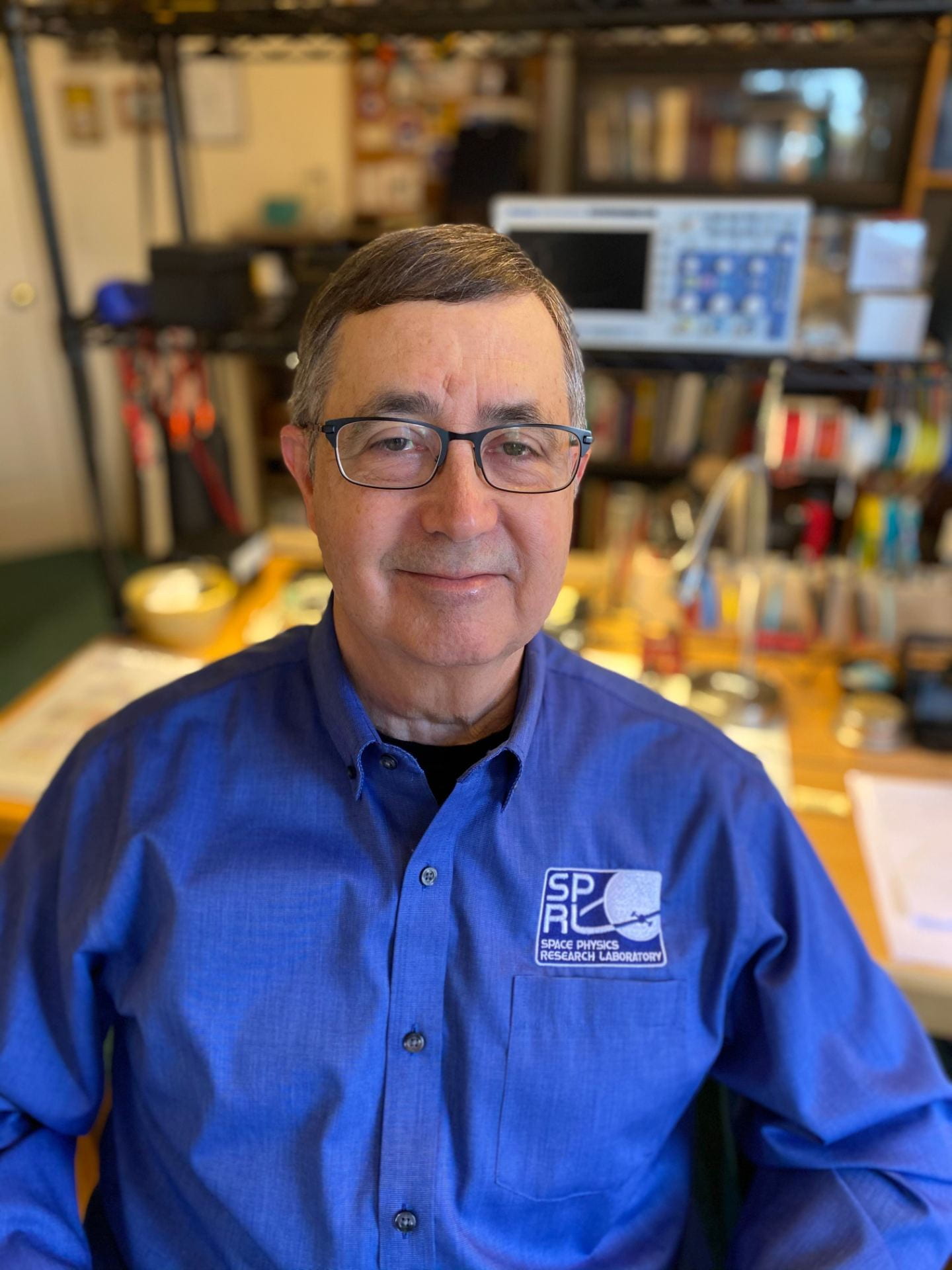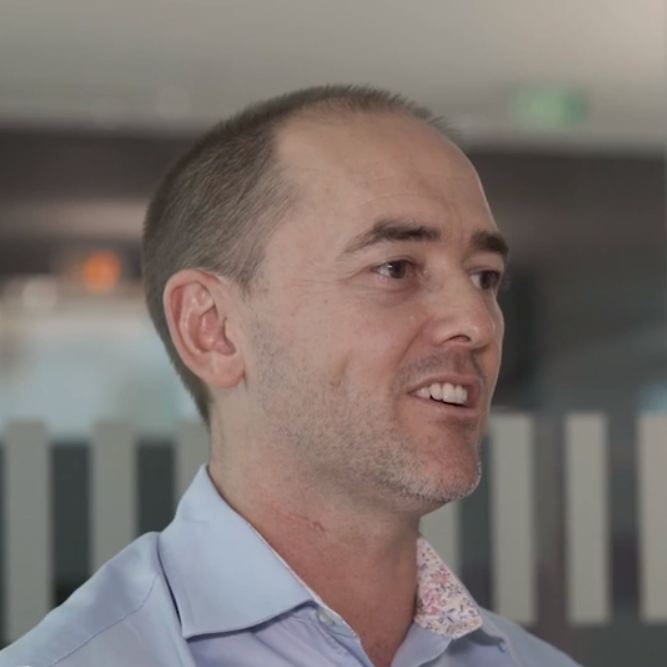Delwyn Moller
Delwyn Moller received B.E. (hons) and M.E. (Dist) degrees in Electrical and Electronic Engineering from the University of Auckland, New Zealand and a PhD. in Electrical and Computer Engineering in 1998 from the University of Massachusetts in Amherst. She joined NASA’s Jet Propulsion Laboratory (JPL) where she worked on radar missions and proof-of-concept initiatives. At JPL and subsequently as a system engineer and researcher in academia, consulting and private industry, Dr. Moller has committed her career to the development of novel remote sensing systems primarily with application for Earth sciences. She has been Principal and Co-Investigator on many research projects to include radar remote-sensing of the ocean, soil moisture, cryosphere, surface-water bodies and terrestrial surfaces. She is a co-recipient of the NASA Space Act award, NASA Board Awards and multiple NASA Technology Brief awards. She is currently an Adjunct Professor at the University of Auckland, runs a private consulting business and an affiliate at the University of Colorado’s Institute for Arctic and Alpine Research.
Chris Ruf
Chris Ruf is a Professor of Climate and Space Science, Electrical Engineering, and Applied Physics at the University of Michigan, USA, and Principal Investigator of the NASA Cyclone Global Navigation Satellite System (CYGNSS) mission. He has worked previously at Intel Corporation, Hughes Space and Communication, the NASA Jet Propulsion Laboratory, the Pennsylvania State University, and the Technical University of Denmark. Dr. Ruf has served on two Earth Science Decadal Survey Panels of the US National Academy of Sciences and Engineering, has been a team member of numerous NASA and DoD spaceborne missions in Earth and planetary science, and is former Editor-in-Chief of the IEEE Transactions on Geoscience and Remote Sensing. His research interests include remote sensing methods and technology, with applications to atmospheric, oceanic and terrestrial prediction and process studies.
Andrew O'Brien
Dr. O’Brien’s primary areas of research are GPS and Global Navigation Satellite System (GNSS) receivers, navigation systems, adaptive antennas, antenna electronics, and array signal processing. He is currently serving on the Science Team for CYGNSS, a NASA Earth Venture-2 Program. Dr. O’Brien is Co-I of a NASA Instrument Incubator Program (IIP) developing Next-Generation GNSS Bistatic Radar Instrument for spaceborne GNSS-R applications for which he is responsible for GNSS-R receiver instrument signal processing algorithm design, implementation and testing. Dr. O’Brien is also involved with all aspects of antenna design and characterization, and he has worked on projects developing novel GPS reflectometry antenna for small sats and commercial cubesats. He has also done work in a variety of areas, including development of foldable dish antenna for GPS and communication systems, non-destructive material evaluation to extract complex material parameters from aircraft coatings, RF emitter geolocation from airborne platforms, characterizing rotorcraft-mounted antenna arrays, and calibration approaches for the use of adaptive antenna arrays in precise GPS applications.
Stephen Musko
Stephen Musko is a lead systems and software engineer at the University of Michigan Space Physics Research Laboratory. In his more than 25 years at SPRL, Stephen has led technical teams developing scientific instruments designed for use in extreme environments. His most recent projects include remote autonomous geophysical observatories for Antarctica and desert environments, and icing condition sensors for vehicles and commercial aircraft. He was the lead engineer responsible for the development of the NASA CYGNSS Science Operations Center. He was also the lead software engineer for the NASA Total Ozone Mapping Spectrometer and TIMED Doppler Interferometer satellite instruments.
Wayne Thomas
Wayne Thomas is a Project Manager at Air New Zealand’s Planning, Design, and Support group, and is the project lead for Air New Zealand. He has previously worked at the Royal New Zealand Air Force, New Zealand Ministry of Defence (seconded), and the Civil Aviation Authority of New Zealand. Wayne’s career has seen him replacing aircraft radar components in Antarctica, managing civil reconstruction projects in Afghanistan, certifying flight management and mission systems in Italy, and paving the way for passengers to use electronic devices during passenger flights in New Zealand. Wayne has a passion for innovation and enjoys breaking down barriers; making the impossible happen in the safest way possible.
Matt Wilson
Matt Wilson is a Professor in Spatial Information in the Geospatial Research Institute Toi Hangarau, University of Canterbury, in Christchurch, New Zealand. His main areas of research expertise are in flood risk and surface water hydrodynamics, using GIS, computational modelling and remote sensing approaches. He is particularly interested in the use of novel remote sensing methods for providing observations of the water cycle for use in hydrodynamic model parameterisation and verification, and issues of data accuracy and its effect on the uncertainty present in model predictions. Originally from the UK, prior to coming to New Zealand in 2017 he was based in Trinidad & Tobago, where he helped to establish academic teaching programmes and carried out research in the implications of climate change on water resources across the Caribbean.
John Bright
John Bright is Principal Water Resources Engineer and Director: Research & Development at Aqualinc Research Ltd. Prior to co-founding Aqualinc in 2004, he lead the environmental research team at Lincoln Ventures Ltd., a subsidiary of Lincoln University.
Projects John has played a research leadership role in include the development of methods and computer models for strategic water management, water allocation management, and groundwater quality protection. Research conducted by John and his colleagues is the basis of Irrigation New Zealand’s Code of Practice for Irrigation Design. In 2020 they received the Irrigation New Zealand Innovation Award for their research on “N-Wise Irrigation”. He was co-developer of “IrriCad”, the global leader in software for the design of spray and drip irrigation systems. His research interests include remote sensing methods suited to advancing precision irrigation.







